Music & Instruments Posts on Crowch
Thanksgiving is one of those rare holidays that unites millions of people regardless of age, background, or faith. It is celebrated on the fourth Thursday of November in the U.S. and the second Monday of October in Canada. At its core lies something deeper than tradition — gratitude.
🌎 History and tradition
The first Thanksgiving was celebrated in the 17th century, when European settlers, after surviving a harsh winter and hunger, shared their first successful harvest with Native Americans who had helped them survive. Since then, Thanksgiving has become a symbol of hope, friendship, and new beginnings.
🦃 The holiday spirit

The centerpiece of the holiday is the family dinner. Turkey, pumpkin pie, cranberry sauce, and corn have long become the icons of Thanksgiving. Yet, more important than the food is the warmth of gathering — families and friends sitting around the table, sharing joy, and giving thanks for the past year.
❤️ The art of gratitude
In today’s fast-paced world, Thanksgiving carries a special meaning. It reminds us to slow down, look back, and say “thank you” — for family, for friends, for health, for opportunities, and even for life’s challenges. Gratitude has the power to warm the heart and strengthen bonds.
🙌 Acts of kindness

For many, the holiday is also about giving back. Families and organizations prepare meals for those in need, donate food, or raise funds for charity. Thanksgiving, in this way, becomes a celebration not just for households, but for entire communities.
🎉 Modern touches
Thanksgiving today is also marked by colorful parades, football games, and the beginning of the Christmas shopping season. Yet, these are only additions to the core values — unity, appreciation, and kindness.
✨ Thanksgiving teaches us to see light even in difficult times. Gratitude is more than words — it’s a state of heart that makes the world brighter.
Every last Saturday of November is celebrated as Small Business Saturday, a day that is less about discounts and more about people — the entrepreneurs who dared to follow their dreams, and the customers who choose to support them.
🌱 Small businesses, big dreams
Every small business begins with a dream. A young couple opening a coffee shop with homemade pastries. An artist turning a workshop into a gallery for the neighborhood. A family running a bookstore for generations. Behind every storefront is a story of dedication, risk, and love for what they do.
👩👩👧👦 Closeness and trust
Unlike big chains, small businesses thrive on personal relationships. When we step into a local café or shop, we are often greeted by name, our preferences remembered. This human touch builds a sense of closeness that no supermarket can replace.
🌍 Community impact
Supporting small business is about more than shopping. It is about strengthening the community. Local entrepreneurs often adopt eco-friendly practices, collaborate with neighbors, and create jobs close to home. Money spent locally stays local, fueling growth and resilience.
🙌 How to take part?
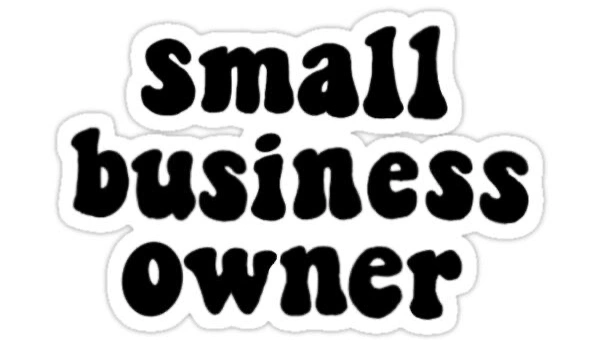
- Visit a small store instead of a mall.
- Buy a handmade gift.
- Share a post about your favorite local café.
- Simply say “thank you” to the owner.
Every small act helps preserve the uniqueness and diversity of our neighborhoods.
💖 A symbol of gratitude
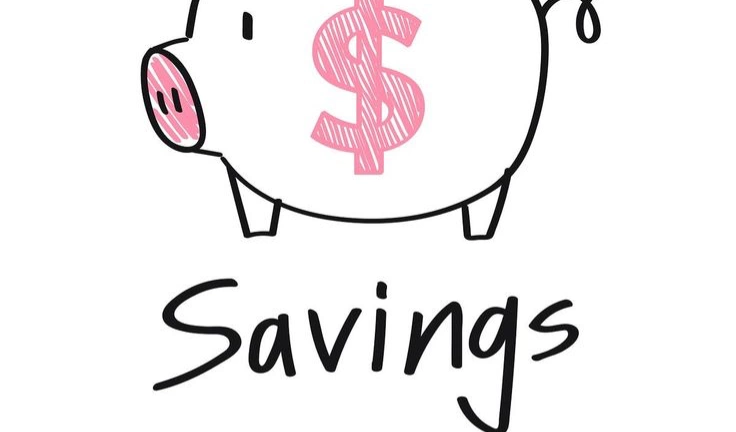
Small Business Saturday reminds us that the true value of a business is not measured in size, but in heart. Even the smallest purchases become symbols of gratitude and investments in a shared future.
By celebrating Small Business Saturday, we celebrate people and stories that make our world warmer and more human.
December 1 marks World AIDS Day, the first ever global health day, established by the World Health Organization in 1988. On this day, millions of people around the world come together to raise awareness of HIV/AIDS, to support those living with the virus, and to remember those we have lost.
🌍 Why is this day important?
AIDS remains one of the most serious global health challenges of our time. Since the discovery of the virus in the 1980s, millions of lives have been affected. However, thanks to the work of scientists, doctors, and activists, we have made incredible progress: today, modern treatments allow people living with HIV to live long and fulfilling lives.
❤️ The Red Ribbon Symbol
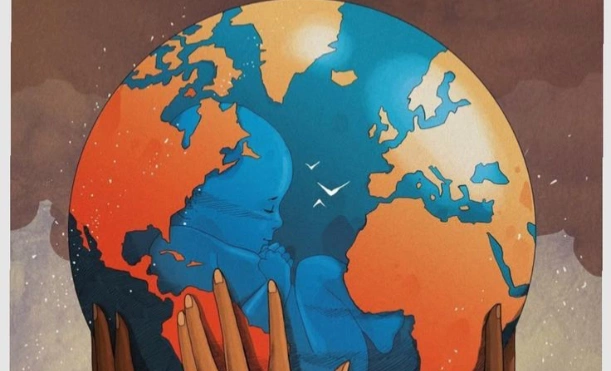
The most recognizable symbol of World AIDS Day is the red ribbon. It represents remembrance for the victims of the epidemic, support for those living with HIV, and hope for a future free from stigma and discrimination. By wearing a red ribbon, we show solidarity and a willingness to speak openly about the issue.
🤝 Fighting prejudice
One of the greatest challenges today is not only fighting the virus but also fighting prejudice. Unfortunately, people living with HIV still face discrimination. It is crucial to remember: HIV does not define a person. It is simply a medical condition that requires treatment and compassion.
💡 Theme of 2024
Each year, World AIDS Day carries a theme that highlights a specific aspect of the response to HIV — from prevention and testing to equal access to treatment. But the core message remains the same: every life matters.
🌱 Hope and the future
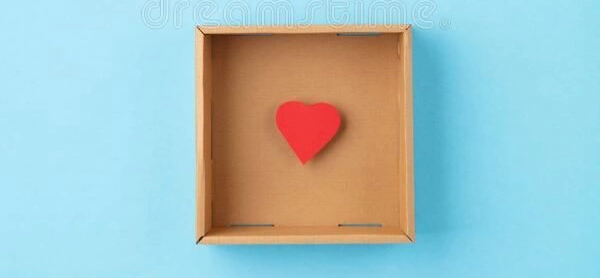
With ongoing research and global cooperation, humanity is closer than ever to ending the spread of HIV. More countries are offering free testing and treatment, and most importantly, society’s attitudes are changing: HIV is no longer a taboo subject.
World AIDS Day is a reminder to us all: knowledge, compassion, and support can save lives.
Every year on December 5, the world says “thank you” to those who give without expecting a reward. International Volunteer Day reminds us that change doesn’t begin with big words, but with small steps taken from the heart.
✨ Stories that inspire
A volunteer is a student helping children study after class. A retiree caring for stray animals. A doctor traveling to disaster zones to save lives. A teenager picking up litter in the park for a cleaner future.
Each one contributes, and together they change our world.
🌍 Volunteers and global goals
The UN emphasizes that without volunteers, it is impossible to achieve the Sustainable Development Goals: ending hunger and poverty, protecting the planet, ensuring education for all. Volunteers are the bridge between global ideas and real action.
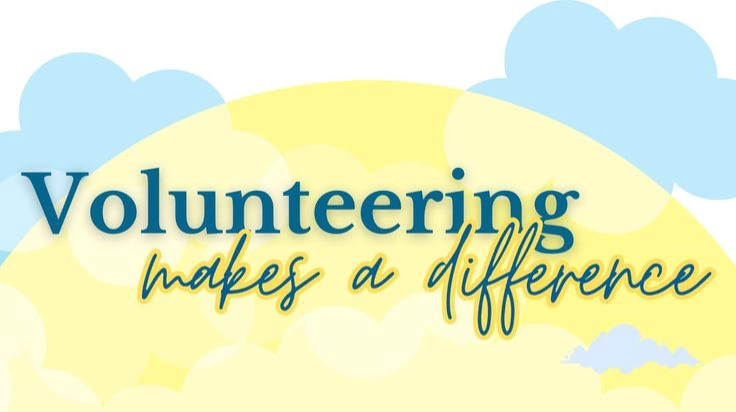
🤝 Why it matters
Volunteering unites. People of different ages, professions, and cultures work together for a shared future. It teaches us to trust, to give, and to feel the strength of solidarity.
🕊️ A day of gratitude
On December 5, events are held worldwide: flash mobs, charity fairs, concerts, and environmental campaigns. But the main message of the day is simple — to thank every volunteer and to show that their work matters.
💡 The message of the day
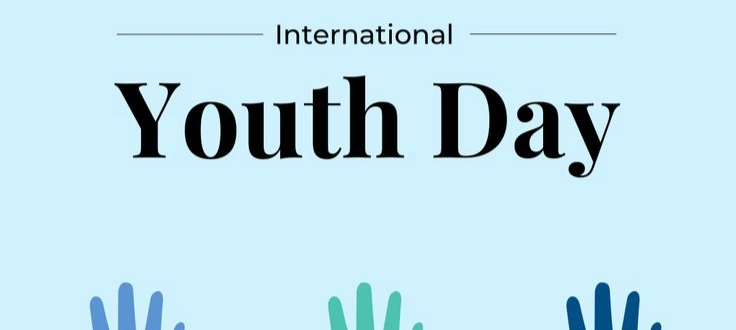
International Volunteer Day is not only about gratitude, but also an invitation: everyone can be a volunteer. Sometimes just one hour of your time is enough to change someone’s life.
Human history is marked by dates that must never be forgotten. December 7 is one of them. This day entered the calendar not only as a tragic page of World War II, but also as a celebration dedicated to the future.
⚔️ Pearl Harbor: the Strike that Changed History
The morning of December 7, 1941, became fateful for the United States and the entire world. The naval base at Pearl Harbor in Hawaii was suddenly attacked by Japanese aircraft. Within hours, ships were sunk, dozens of planes destroyed, and more than two thousand lives lost.
The attack shocked the United States and the international community. President Franklin D. Roosevelt called it “a date which will live in infamy.” The very next day, the U.S. officially entered World War II.
Since then, December 7 has been observed in the U.S. as National Pearl Harbor Remembrance Day — a day of mourning for the victims and a reminder of the cost of peace. It teaches future generations that freedom and security are never guaranteed — they must be protected.
✈️ Looking to the Skies: International Civil Aviation Day
But this date also holds another meaning. In 1994, the United Nations and the International Civil Aviation Organization proclaimed December 7 as International Civil Aviation Day.
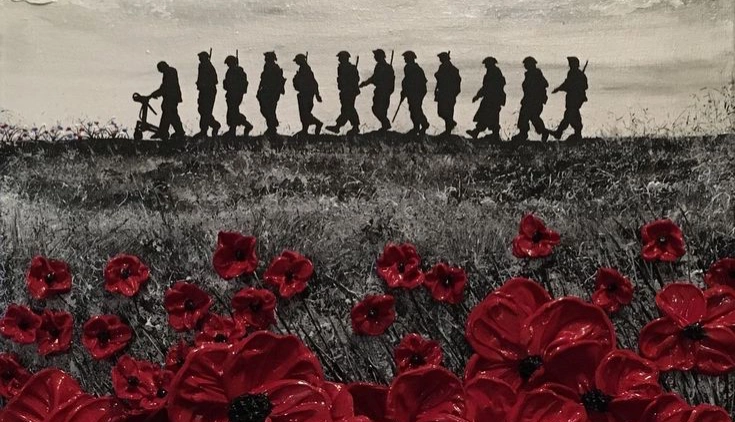
It is a day to reflect on how aviation has transformed our world. Where the skies once symbolized war, today they symbolize unity. Airplanes connect countries and cultures, bring families together, and help economies grow.
For pilots, engineers, air traffic controllers, and all those who work in aviation, it is a professional holiday. For millions of passengers, it is a reminder that the world is closer than ever before.
⚖️ The Symbolism of December 7
December 7 is therefore a day of contrasts. It carries the memory of destruction and loss, yet also embodies progress, creativity, and humanity’s desire to connect.
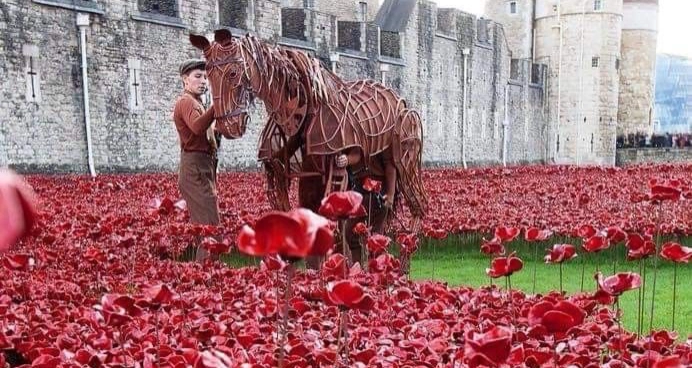
Past and future meet on this date, reminding us that while we must never forget the tragedies of history, we must also believe in the power of human innovation and goodwill.
Georgia once again takes the stage of Junior Eurovision — this time not only as a participant, but also as the proud host. After its latest victory, the country secured the right to welcome the contest, further cementing its status as the most successful nation in JESC history.
🏅 Georgia’s Record of Success
- Georgia debuted at Junior Eurovision in 2007 and has participated every year since.
- Victories: 2008 (Bzikebi — "Bzz.."), 2011 (Candy — "Candy Music"), 2016 (Mariam Mamadashvili — "Mzeo"), and 2024 (Andria Putkaradze — "To My Mom"). That makes a total of 4 wins, the highest in the contest’s history.
- The 2024 triumph by Andria Putkaradze established Georgia as the undisputed leader of Junior Eurovision.
🎶 Junior Eurovision 2025 in Tbilisi
- The contest will take place on 13 December 2025 in Tbilisi, marking the second time Georgia hosts the event (the first was in 2017).
- Venue: the Small Hall of the Olympic Palace (New Sports Palace), already confirmed by the organizers.
- Up to 20 countries are expected to participate, with delegations arriving about 10 days before the show to rehearse and take part in cultural events.
- The Georgian government has allocated more than €2.5 million (around ₾8 million) for hosting the contest.
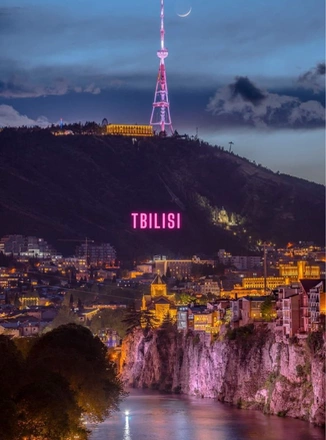
🌍 Why This Matters for Georgia
- Hosting the contest strengthens Georgia’s role as a cultural and creative hub capable of staging major international events.
- Junior Eurovision is not only a competition, but also a platform to showcase national talent, expand international ties, and present Georgia as both hospitable and innovative.
- After Andria Putkaradze’s moving 2024 victory with “To My Mom”, Georgia once again proved its ability to nurture outstanding young performers and support them on a global stage.
🔮 What’s Next
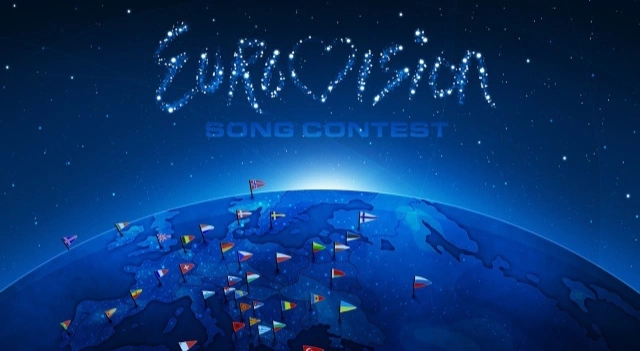
- In the coming months, more details will be revealed: the official slogan, stage design, hosts, ticket information, and promotional campaigns.
- GPB (Georgian Public Broadcaster) has promised an even more ambitious and emotionally charged show than in 2017.
- Follow the hashtag #JESC2025 for teasers, announcements, and behind-the-scenes updates.
🏆 Conclusion
By hosting Junior Eurovision 2025 after its record-breaking fourth win, Georgia reaffirms its cultural ambition and pride. The December contest in Tbilisi is set to become one of the brightest chapters in the history of Junior Eurovision — a celebration of young talent, creativity, and the spirit of a nation that lives through music.
Georgia has always been a country where music is deeply woven into national identity, and once again this spirit was brought to life on the Eurovision stage. In 2025, Georgia was represented by the passionate and talented Mariam Shengelia, performing the powerful ballad “Freedom.”
🎤 The Artist: Mariam Shengelia
Mariam’s story is one that resonates far beyond the Eurovision stage. Without the backing of major producers or formal musical education, she built her path through sheer determination, talent, and authenticity. Her journey reflects the essence of Eurovision itself—a contest that celebrates voices and stories that move people on a personal level. Mariam embodies the idea that music is not just an industry, but a calling.
✨ The Message of “Freedom”
The song “Freedom,” composed by Keti Gabissiani with lyrics by Buka Kartozia, was selected internally by the Georgian Public Broadcaster (GPB). This decision underscored the importance of a song that speaks directly to the soul. “Freedom” is not simply a love ballad or a pop anthem; it is a declaration of identity, belonging, and national pride.
On the stage in Basel, Mariam’s performance carried a dramatic atmosphere. Her voice soared above the emotional arrangement, while the staging—minimalistic yet symbolic—accentuated the themes of love for one’s homeland and the universal yearning for freedom. The combination of visuals and heartfelt vocals left a strong impression on audiences across Europe.

📊 The Eurovision Result
Georgia performed in the second semifinal on May 15, 2025, appearing 10th in the running order. Despite the strong performance, the country did not qualify for the Grand Final, finishing 15th out of 16 with 28 points. While the result was disappointing for some, many fans highlighted that Eurovision is not always about numbers—it is about the story and emotional connection created on stage.
⚡ Public Debate and Symbolism
Mariam’s name has sparked debate not only because of her music but also due to her public presence. Known for making bold political statements and later participating in concerts supported by different sides, her career has been surrounded by discussion. This complexity added depth to her Eurovision journey—she was not just an artist singing a song, but a voice representing layered realities of modern Georgia.

📜 Georgia in Eurovision History
Since debuting in 2007, Georgia has participated 17 times in the Eurovision Song Contest. The country reached the final on 8 occasions, with its best results being 9th place in both 2010 and 2011. Although a victory has yet to come, Georgia has consistently brought originality, authenticity, and strong vocals to the stage.
Meanwhile, Georgia’s track record in Junior Eurovision tells a different story—it is one of the most successful nations in the contest, winning four times, most recently in 2024. In December 2025, Georgia will proudly host Junior Eurovision, likely in Tbilisi, marking another important milestone for the country’s cultural presence in Europe.
🌍 Why This Performance Matters
Even though Mariam Shengelia did not advance to the Grand Final, her performance with “Freedom” carried symbolic significance. It showed Georgia’s ongoing commitment to sharing its cultural voice with the world, and to speaking about themes that are universally relevant—freedom, belonging, and love.
Eurovision is more than a competition—it is a cultural dialogue, where every performance tells a story. For Mariam and for Georgia, simply standing on that stage and delivering such a heartfelt message was already a victory.
Georgia is a country with a rich culture where music and singing have always played a central role. It’s no surprise that the nation’s participation in Eurovision always sparks pride and excitement. In 2025, Georgia once again stepped onto the Eurovision stage, represented by the charismatic singer Mariam Shengelia with her powerful ballad “Freedom.”
🎤 Who is Mariam Shengelia?
Mariam is one of those artists whose journey is truly inspiring. Without formal music education and without the backing of major producers, she has built her career through persistence, raw talent, and a deep love for music. Stories like hers often resonate strongly with Eurovision audiences, as the contest has always cherished performers who bring authenticity and real emotions to the stage.
✨ The song “Freedom”

Composed by Keti Gabissiani with lyrics by Buka Kartozia, this track was chosen for a reason. “Freedom” is more than just a ballad—it is an anthem of inner strength and national pride. Mariam explained in interviews that every line is about her homeland, about belonging, and about unconditional love for her people.
On the stage in Basel, Mariam delivered a dramatic performance. With striking visuals, symbolic gestures, and her powerful voice, the act created an atmosphere where deeply personal emotions transformed into a universal message.
📊 Eurovision result
Georgia performed in the second semifinal on May 15, 2025, appearing 10th in the lineup. Unfortunately, the country did not qualify for the Grand Final, finishing 15th out of 16 with 28 points. Despite the result, the performance sparked lively discussions among fans and media. Many praised Mariam’s emotional delivery, the song’s meaningful lyrics, and her captivating presence.

⚡ The debates around Mariam
Mariam has not shied away from political themes, and her statements, along with appearances at concerts backed by different political sides, sparked controversy. This, however, made her image even more widely discussed. Eurovision has always been more than music—it’s often a cultural and sometimes political statement, too.
📜 Georgia’s Eurovision journey
Georgia debuted at Eurovision in 2007. Since then, the country has participated 17 times and reached the final on 8 occasions. Its best results came in 2010 and 2011, when Georgia placed 9th. The nation has yet to claim the Eurovision trophy.
However, in Junior Eurovision, Georgia is a powerhouse. It has won the contest four times, most recently in 2024. Moreover, Georgia will host Junior Eurovision in December 2025, most likely in Tbilisi—a moment of pride and opportunity for the country.
🌍 Why it matters
Even though Georgia didn’t qualify for the final this year, Mariam Shengelia’s performance carried deep symbolic weight. She showed that Georgia continues to stand strong, expressing values like freedom, love, and belonging on the international stage.
Eurovision isn’t only about scores—it’s about cultural dialogue and sharing stories. Every performance on that stage is already a victory.
Georgia is a country of vibrant traditions, rich culture, and unforgettable celebrations. Throughout history, it has hosted events that unite locals and visitors alike, combining centuries-old customs with modern spectacles.
Famous Past Events Tbilisi International Film Festival – Showcasing films from Georgia and around the world, attracting cinephiles since 2000.
Rtveli Harvest Festival – A centuries-old grape harvest celebration in Kakheti, with wine-making, feasts, and music.Tbilisi Jazz Festival – International and local jazz artists gather each year for lively performances.Georgian National Dance Festivals – Highlighting traditional polyphonic music and folk dance across the country.Upcoming and Recurring Events
Art-Gene Festival – Celebrates Georgian folklore, crafts, and traditional music every summer.Batumi Black Sea Jazz Festival – Combines stunning coastal views with world-class music performances.
Tbilisoba – Annual city festival in Tbilisi, celebrating local culture, food, and crafts.
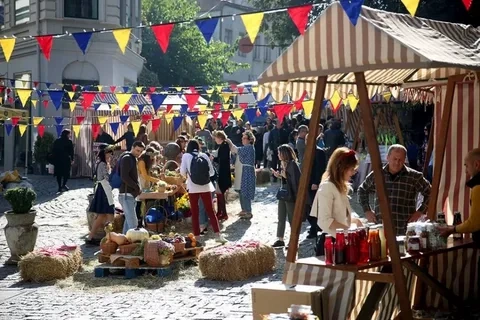
Junior Eurovision Song Contest 2025 – On December 13, Tbilisi will host this international event, bringing young performers from across Europe and vibrant entertainment to the city (junioreurovision.tv).ConclusionGeorgia’s events, from historic harvests to global music stages, showcase the country’s unique blend of tradition and modernity. Whether attending a centuries-old festival or an international contest, visitors experience the heart and soul of Georgian culture. Votes: https://crowch.com/vote/2895, https://crowch.com/vote/2919/statistic/
https://madloba.info/en/blog/vacation-in-georgia/osenniy-tbilisi/
Every year on October 1st, people around the globe mark World Vegetarian Day, a celebration of plant-based eating and its benefits for health, the environment, and animal welfare. Established in 1977 by the North American Vegetarian Society, the day encourages individuals to explore the possibilities of a diet centered around fruits, vegetables, grains, legumes, nuts, and seeds.
Health Benefits of a Vegetarian Diet

A well-balanced vegetarian diet can lower the risk of heart disease, high blood pressure, type 2 diabetes, and certain cancers. It is often rich in fiber, antioxidants, vitamins, and minerals, while lower in saturated fats. For many, adopting vegetarian meals means more energy, improved digestion, and better overall wellness.
Environmental Impact
Choosing plant-based meals is not only good for your health but also for the planet. Livestock farming is a major contributor to greenhouse gas emissions, deforestation, and water consumption. By reducing or eliminating meat, individuals can significantly decrease their ecological footprint. A single vegetarian meal can save gallons of water and reduce carbon emissions compared to a meat-based one.
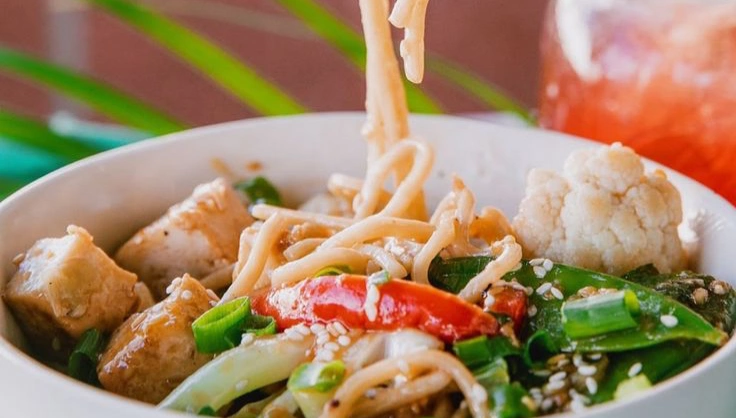
Animal Welfare
At the heart of vegetarianism is compassion for animals. Many choose this lifestyle to avoid contributing to the suffering and exploitation of animals raised for food. World Vegetarian Day serves as a reminder that every meal is an opportunity to make a humane choice.
How to Celebrate
- Try cooking a new vegetarian recipe at home.
- Visit a vegetarian or vegan restaurant.
- Learn about nutrition to ensure balanced plant-based meals.
- Share your favorite vegetarian dish with friends or family.
- Commit to a “Meatless Monday” or a week of plant-based eating.
World Vegetarian Day is not about judgment or restriction — it’s about curiosity, compassion, and making choices that benefit both ourselves and the world around us. Whether you are a lifelong vegetarian or simply curious about reducing meat in your diet, this day is a perfect opportunity to take a step toward healthier, more sustainable living.